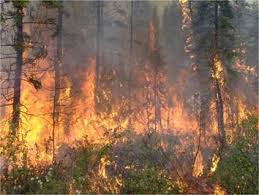记忆方法
1、dis- "completely" + turb- + -ance.
英语词源
- disturbance (n.)
- late 13c., "mental distress," from Old French destorbance (12c., Old North French distorbance), from destourber, from Latin disturbare (see disturb). Meaning "public disturbance" is c. 1300; that of "destruction of peace or unity" is late 14c.
权威例句
- 1. The home would cause less disturbance to local residents than a school.
- 养老院对当地居民造成的干扰会比学校小。
- 2. Poor educational performance is related to emotional disturbance.
- 糟糕的学习成绩与情绪失常有关。
- 3. The building work is creating constant noise, dust and disturbance.
- 建筑施工不断制造噪音、灰尘和干扰。
- 4. Any disturbance to the body's state of equilibrium can produce stress.
- 对身体平衡状态的任何干扰都可能产生压力。
- 5. The patron of the bar was ejected for creating a disturbance.
- 酒吧客人因制造骚乱而被驱离.
